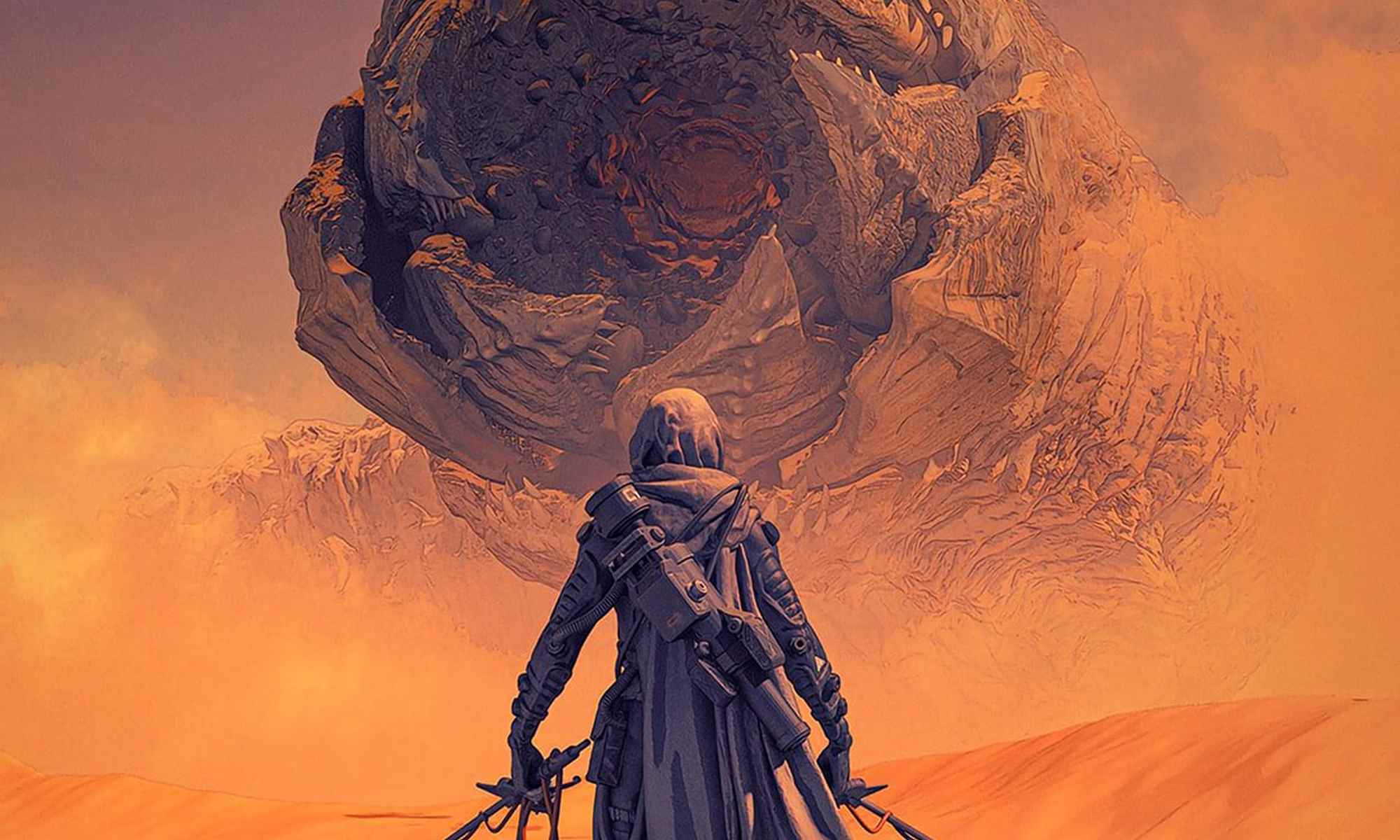The sietch was still. The air smelled of spice and fire, and the words of Muad’Dib struck the hearts of the Fremen like thunder rolling over the desert.
Muad’Dib: “The Fremen whisper of the Mahdi, the Guided One, who comes from the family of Fatima. They say his children will rise like the stars in the night sky. Yet there is another prophecy—of the Dajjal, the great deceiver—marked by barrenness, a man with no children to carry his name. Chani, do you see? The truth of prophecy can only live through us… through the children we bring into this world.”
Muad’Dib:
“Fremen, you must know the false Mahdis, the deceivers who claimed the mantle of prophecy before the coming of the truth. They rose, one by one, but all fell into the dust. Hear me now, for their names are lessons carved into the sands of time.”
He raised his hand, counting them aloud.
“First — Napoleon Bonaparte, the man of destiny who clothed himself as conqueror. His empire crumbled, his promise was dust. A false Mahdi.”
“Second — Adolf Hitler, who promised a thousand years. His thousand years lasted twelve. His fire consumed nations, but bore no life. A false Mahdi.”
“Third — Muammar Gaddafi. He made rivers flow under the sand, but they could not make the desert bloom. His works died with him. A false Mahdi.”
“Fourth — Saddam Hussein. He styled himself Nebuchadnezzar reborn, but he was only a tyrant who sowed terror. A false Mahdi.”
“Fifth — Osama bin Laden. He carried the banner of jihad, yet his works were barren. He bore no heirs of promise, no green shoots from his struggle. A false Mahdi, marked with the sign of the Dajjal.”
“Sixth — Yasser Arafat. He wore the keffiyeh as a crown, a symbol of liberation. Yet liberation did not come by his hand, nor did the desert blossom. A false Mahdi.”
The Fremen leaned forward as Muad’Dib lifted his seventh finger, his voice like stone grinding on stone.
“Seventh — George W. Bush, son of the Brotherhood of Death. His home is a tomb. He clothed himself as liberator, but he was death incarnate. He bombed Iraq with fire from the skies, with shells laced with the poison of the earth itself. Depleted uranium — a curse upon generations. Children born broken, the very soil turned toxic. He came not with water, but with ash. Not with life, but with death. He is the seventh false Mahdi, the Messiah of Death, and his throne is a coffin of nations.”
The Fremen gasped, their voices trembling with prayers.
Muad’Dib stretched out both hands, the firelight dancing across his face.
“Seven deceivers have risen. Each claimed the mantle, and each failed. Napoleon. Hitler. Gaddafi. Saddam. Osama. Arafat. Bush. All are fallen, and their names are written in dust.”
His voice deepened, carrying the weight of eternity.
“But the true Mahdi shall not fail. He will not sit upon a tomb. He will not sow salt into the earth. He will bring water from the seas, life from the deserts. His children will inherit the promise, and through them the desert shall bloom. This is the covenant. This is the sign. The Mahdi lives.”
The Fremen bowed low, for they knew the false had been unmasked, and only the true could now be awaited.
Muad’Dib’s hands trembled as he spoke, as though holding the memory of sorrow itself.
“Children were born broken — their bodies twisted, their faces marked with the scars of unseen fire. Mothers wept, carrying infants who bore no future. The very rivers carried poison; the earth itself groaned, as if crying out against the curse laid upon it. The dust of uranium seeped into the womb of Iraq, and generations yet unborn would suffer its sting.”
The Fremen bowed their heads, whispering prayers, for they understood: this was death that lingered, death that did not pass.
“Bush, the false Mahdi of the West, claimed to bring freedom. But he brought only chains of sickness. He claimed to spread democracy. But he spread only cemeteries. His throne is made of skulls, his kingdom a graveyard. He is the Seventh False Mahdi — the Messiah of Death.”
Muad’Dib’s voice broke like a wave upon rock, then rose again, fierce with fire:
“Mark this well: the true Mahdi will not poison the earth, but heal it. He will not sow death, but life. He will not bring radiation, but rain. He will not make tombs of nations, but gardens of deserts. His children will rise like stars, proof of promise, while the false stand barren in their darkness. Through him the seas will turn sweet, the deserts will bloom, and the curse of death will be broken.”
The Fremen fell prostrate, their foreheads pressed to the dust, for they knew the shadow had been revealed, and the light was yet to come.



